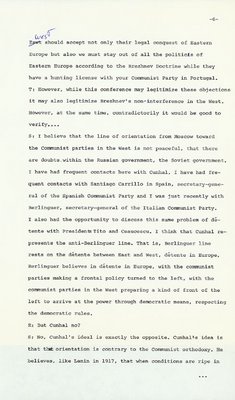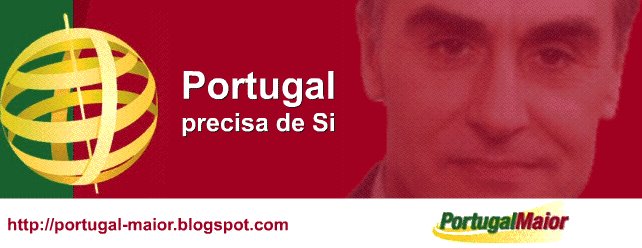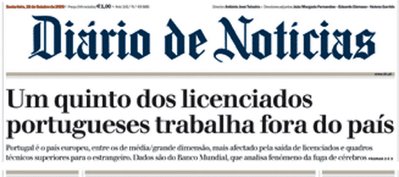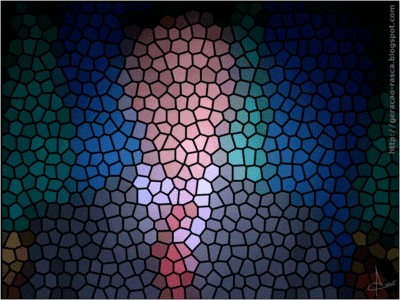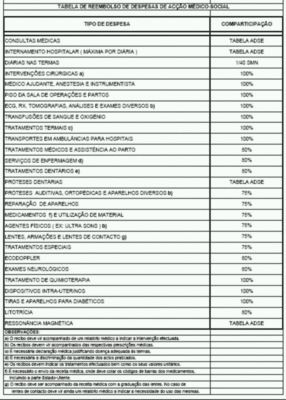 Clique na imagem para ler o conteúdoJames Reston interviews Mario Soares about NATO's role in easing the unrest in Angola, Portugal, Russia, Spain etc., August 1975.Página 7 de 11. Amanhã será publicada a página 8 desta entrevista de Mário Soares a James Reston, em Agosto de 1975. Estas imagens são fotos dos originais dactilografados e anotados pelo próprio jornalista. Para ler as páginas já publicadas clique: pág.1 pág.2 pág.3 pág.4 pág.5 pág.6Recortes das páginas já publicadas:
Clique na imagem para ler o conteúdoJames Reston interviews Mario Soares about NATO's role in easing the unrest in Angola, Portugal, Russia, Spain etc., August 1975.Página 7 de 11. Amanhã será publicada a página 8 desta entrevista de Mário Soares a James Reston, em Agosto de 1975. Estas imagens são fotos dos originais dactilografados e anotados pelo próprio jornalista. Para ler as páginas já publicadas clique: pág.1 pág.2 pág.3 pág.4 pág.5 pág.6Recortes das páginas já publicadas: Mário Soares (MS): What kind of a talk shall we have? (Everybody feels confused at the question) I used to have very frank talks with Mr. Giniger and I would like just to clarify what type of conversation we are going to have – some type off the record – or just background (conversation.). (…)
James Reston (JR): Everything he says will be on the record, but if at some point or other he wants to go off the record, he will then say it. (…)
MS: (…) We have to confess that at this point there is a great in definition, politically speaking, in this country. (…) Essentially there exists in the center of Portuguese political life a quarrel between the Socialist Party and the Communist Party. (…)
JR: May I ask at that point, with what foreigner policy?
MS: In my view, it is a polity of alignment with the Soviet Union and the Eastern groups. (…) It would be best if theses thing were off/record. (…) The Communist party cannot say, but keeps saying, that it is loyal to NATO and that it does not want Portugal to leave NATO for the moment. But (…) it is evident that there is a contradiction between a country which is a member of NATO, a country ruled by the Communist Party being a member of a alliance which defends its members against communism. This is incongruous. (…) Even yesterday, the Council of Revolution issued a statement to that effect which is extremely important – in it condemned and repudiated the idea of a dictatorship of proletariat as well as the armed militia. (…) But, at the same time, (…) the communist party to gain advantage in the domain of information, press, unions, in the structure of management of the unions and have show their incapacity to contain the expansionism of communist party. This situation creates difficult problems of insecurity and political ambiguity. (…) Another point of opposition between communists and socialists is a phenomenon witch is extremely grave and that is the real seizure of power by the irresponsible ultra-leftists groups in Portugal. (…) There is a serious group, Maoists, Proletarian Communists, Luar, Trotskyites, Marx-Leninists they are anti Communists Party and anti Socialist Party; they are indeed against all parties. Those groups are armed and they provoke an agitation, mostly in Lisbon, in the Portuguese society, which is extremely dangerous.



